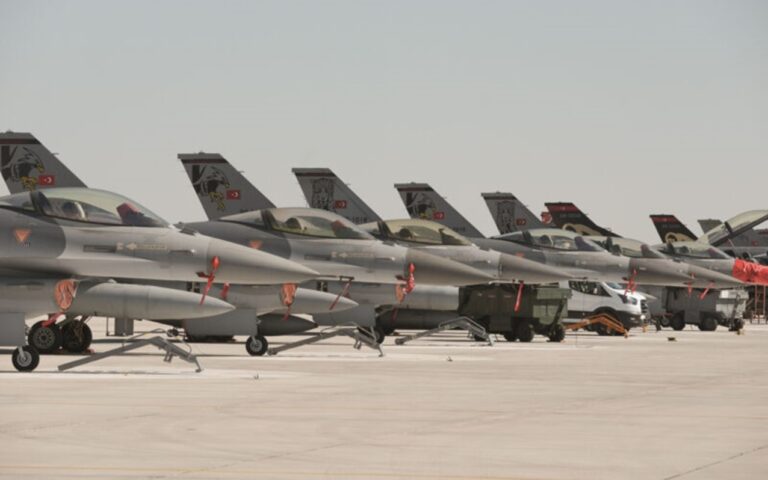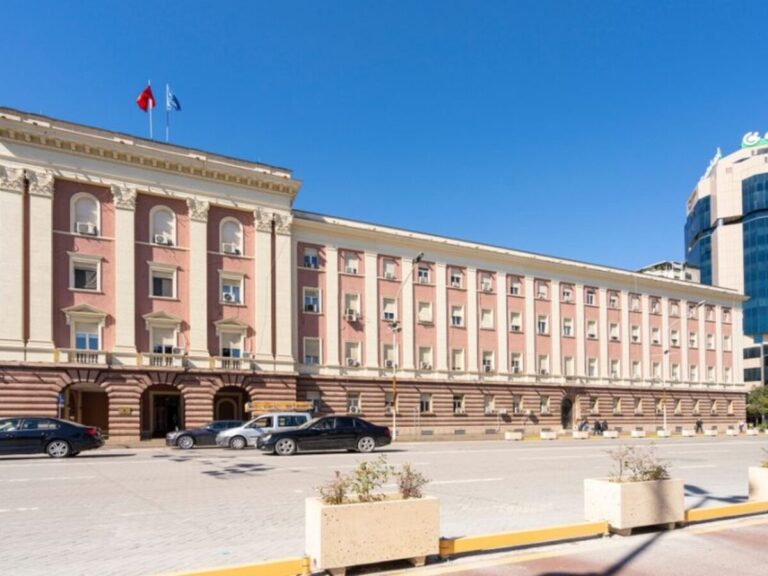After Poland and Hungary, Bulgaria is considering an import ban on Ukrainian grain. Brussels reprimands going it alone.
The effects of the Russian attack on Ukraine mean that the Kremlin-critical, national-conservative government of Poland and that of the more pro-Russian Hungary are rapprocheting – at least temporarily. Shortly after Poland, Hungary now also announced an import ban on wheat, sunflower seeds and other agricultural products from Ukraine.
“We are and will remain friends and allies of Ukraine,” said Jaroslaw Kaczynski, head of Poland’s ruling PiS party, who justified the import ban with the fall in prices on the domestic market: “But it is the duty of every state to protect its own interests To protect citizens.” The lifting of EU tariffs for Ukrainian agricultural products has flooded the markets of neighboring countries with cheap agricultural products, according to Hungary’s Agriculture Minister Istvan Nagy: It has become “impossible” for farmers in Hungary and other countries in the region to sell their products sell.
Price drops by 30 percent
Referring to the example of the two EU partners, Bulgaria’s acting Minister of Agriculture Yavor Getchev has also announced a possible import ban. Brussels, meanwhile, is not very pleased about the fact that the quarrelsome EU problem children Poland and Hungary went it alone again. In a statement, the EU Commission recalled that trade policy was an “exclusive competence” of the EU: Unilateral steps by EU member states were “unacceptable”.
Actually, the temporary suspension of EU import duties until June 30 should give Ukraine’s wheat exporters an alternative to the temporarily blocked sea route to their markets in Africa and the Middle East. But in all neighboring countries, the fall in prices caused by cheap Ukrainian imports is becoming increasingly difficult for farmers.
In Bulgaria, ton prices for wheat have fallen by 30 percent since July, and those for sunflower seeds by more than half. For weeks, farmers’ protests and tractor blockades have been putting pressure on the governments in all the countries bordering Ukraine. At the end of March, Bulgaria, Poland, Romania, Slovakia and Hungary wrote to the EU Commission calling for the temporary suspension of the customs exemption for Ukrainian agricultural products.
EU considers extending tariff exemption
However, in view of the intensified war in Ukraine, the majority of the EU partner countries seem to be thinking more about extending the customs exemption than about ending it. Kiev, on the other hand, asserts that only a small part of domestic wheat exports are carried out overland. “We understand that Polish farmers are in a difficult situation. But Ukrainian farmers are in the most difficult situation,” said the Ukrainian Ministry of Agriculture.
The import ban is necessary “to open the eyes of the EU,” says Poland’s Agriculture Minister Robert Telus. In fact, it is also the approaching elections in Poland, Slovakia and possibly again in Bulgaria that are putting pressure on decision-makers: Polish PiS’s popularity ratings are conspicuously crumbling in its rural strongholds.
Michal Kolodzejczak from the farmers’ movement “Agrounia” also blames companies associated with the PiS for the increased cheap imports of Ukrainian agricultural products in recent months: “A handful of people associated with the PiS are getting richer with this trade, the rest of us always poorer.”
Source: fr.de







